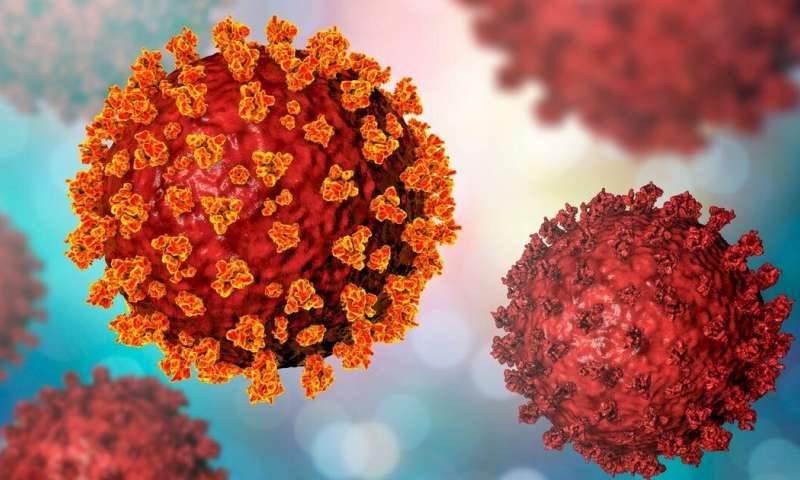Predicting the spread of COVID-19 using standard statistical models has its challenges, which is why two Iowa State University researchers

stay healthy…

Predicting the spread of COVID-19 using standard statistical models has its challenges, which is why two Iowa State University researchers
Before the pandemic, the lab of Stanford University biochemist Peter S. Kim focused on developing vaccines for HIV, Ebola and
Human mobility data gathered from de-identified mobile devices could help map coronavirus (COVID-19) transmission and support contact tracing efforts, according
For most people, infection with SARS-CoV-2—the virus that causes COVID-19—leads to mild, short-term symptoms, acute respiratory illness, or possibly no
Recently there have been significant advances on several fronts in the ongoing war against cancer of the alimentary tract. Now,
A recent study finds that, while youth think all bullying is bad, non-immigrant adolescents object less to bullying when the
Today, the National Comprehensive Cancer Network (NCCN) announced the publication of new, free informational resources on health and wellness for
Brain metastases can only develop if cancer cells first exit the fine blood vessels and enter into the brain tissue.
Findings from the Nurses’ Health Study, one of the longest running studies of women’s health, show that five diet and
Australian research has identified a new mechanism in which prostate cancer cells can ‘switch’ character and become resistant to